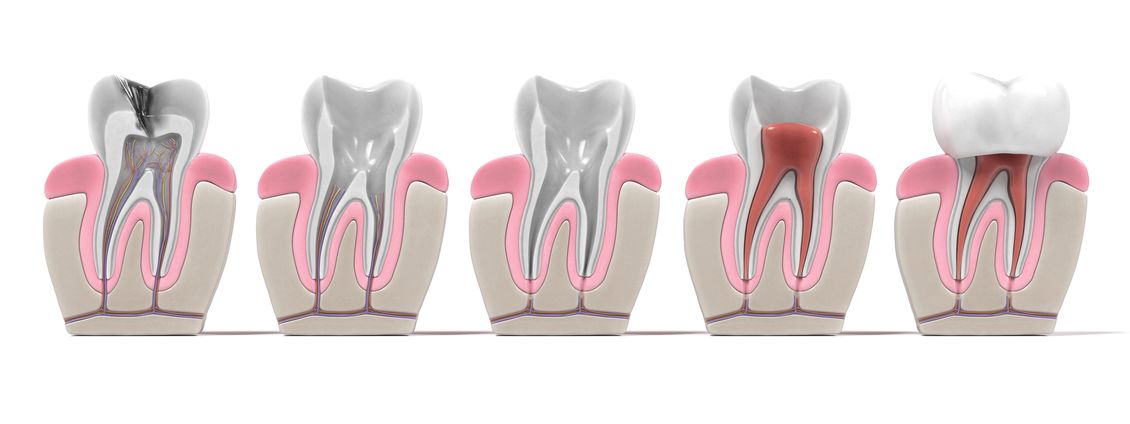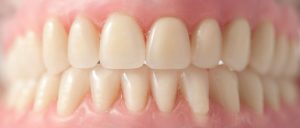When looking for an oral surgeon in Chattanooga TN or the surrounding areas, you’ll want a professional that is highly skilled and knowledgeable in the field, has a good bedside manner, and is experienced in the specific treatments needed. Dr. McCord, D.D.S. and the entire team at Ocoee Oral Surgery have all these traits and more. Located in Cleveland TN, we are a short enough distance away to be your oral surgeon in Chattanooga TN for the following procedures.
Surgical tooth removal from your oral surgeon in Chattanooga TN
Preserving teeth is our goal, but sometimes removal is necessary. To make room for braces and other orthodontic treatments, misaligned teeth may be extracted. Techniques vary depending on tooth type, location, and complications. Before surgery, our surgeons assess the tooth(s), noting the position and potential issues. In most cases, a minimally-invasive technique is used. We also specialize in challenging extractions, multiple roots, and impacted/brittle teeth.
Bone grafting from your oral surgeon in Chattanooga TN
Jawbone associated with missing teeth can deteriorate. This decreases the quality and amount of bone for placing dental implants. We can grow bone to create suitable sites. This permits us to install implants of the proper size and restores function and appearance. Bone grafting is an option to use a tissue bank or own bone from the jaw to build up inadequate bone structure due to extractions, gum disease, or injury. Membranes can be used which dissolve, protect the graft, and promote bone growth.
Exposure and bonding from your oral surgeon in Chattanooga TN
Impacted teeth may lack room to emerge. We can surgically aid in eruption, exposure, and bonding. Exposure is done by raising the gum to reveal the tooth. If a baby tooth is still there, it’s removed. Bonding entails uncovering the impacted tooth and attaching an orthodontic attachment, then replacing the gum. We bond a bracket to the exposed tooth, so it erupts with less resistance. We may leave the tooth fully exposed by stitching the gum above it or making a window around it.
And more from your oral surgeon in Chattanooga TN
We also provide wisdom teeth removal, dental implants, TMJ treatment options, and a variety of other procedures here at Ocoee Oral Surgery. Our educated and certified staff have extensive knowledge and experience in oral surgery, but more importantly a genuine desire to help patients achieve their desired outcomes. We take the time to listen to others, respect every individual’s unique needs and circumstances, and collaborate with other healthcare professionals to deliver the best possible care. With our office nearby in Cleveland, we hope you consider us for your oral surgeon in Chattanooga TN.










